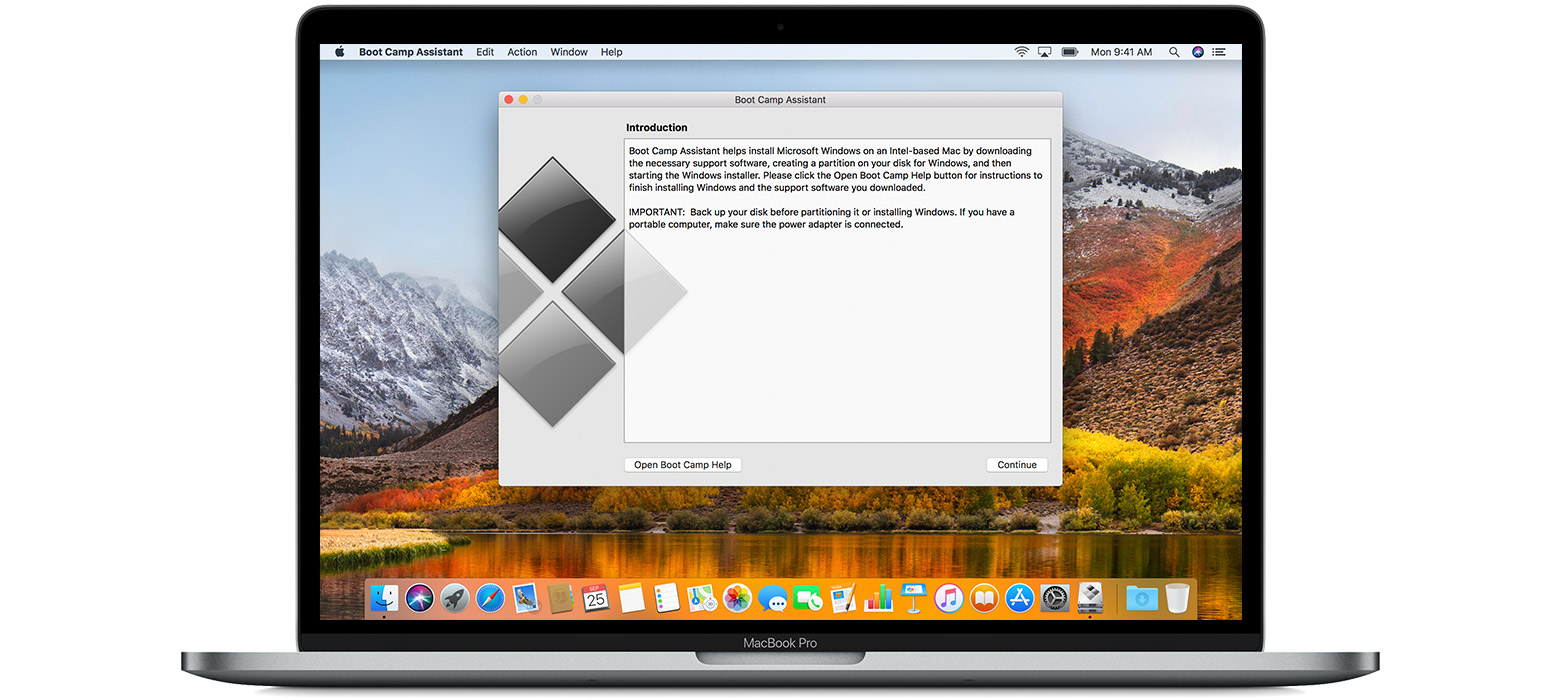

Once it's done, unmount the USB drive (right-click and select Eject) from the desktop.

You will also need a 16GB USB disk, alongside the Windows ISO file for this method. Insert the Windows installation disc or drive into your Mac, and then double-click the Install Windows application in the Windows folder or on the disc. Create a Windows installation disc or drive. Note: You can't use Boot Camp Assistant on Macs with Apple M1 chips. If you don't want to use Boot Camp to install Windows 10 on your Mac, you can do it manually. With Boot Camp, you can install Microsoft Windows 10 on your Mac, then switch between macOS and Windows when restarting. Select the Boot Camp partition size (we recommend at least 64 GB) and click Install.

Choose the Windows ISO file you’ve obtained earlier. Read the introduction and click Continue to proceed. You can also choose to install additional Windows support software, which will be helpful if you are planning to use the bootable disk to install Windows on your Mac. To run Windows on a Mac via Boot Camp: Go to Applications > Utilities and launch Boot Camp Assistant. This is an easy method and requires no additional software to be installed. If you have a Mac with an Intel processor, you can also use BootCamp Assistant to create a bootable Windows installation USB disk. Method 2: Create a Bootable USB Disk Using BootCamp Assistant


 0 kommentar(er)
0 kommentar(er)
